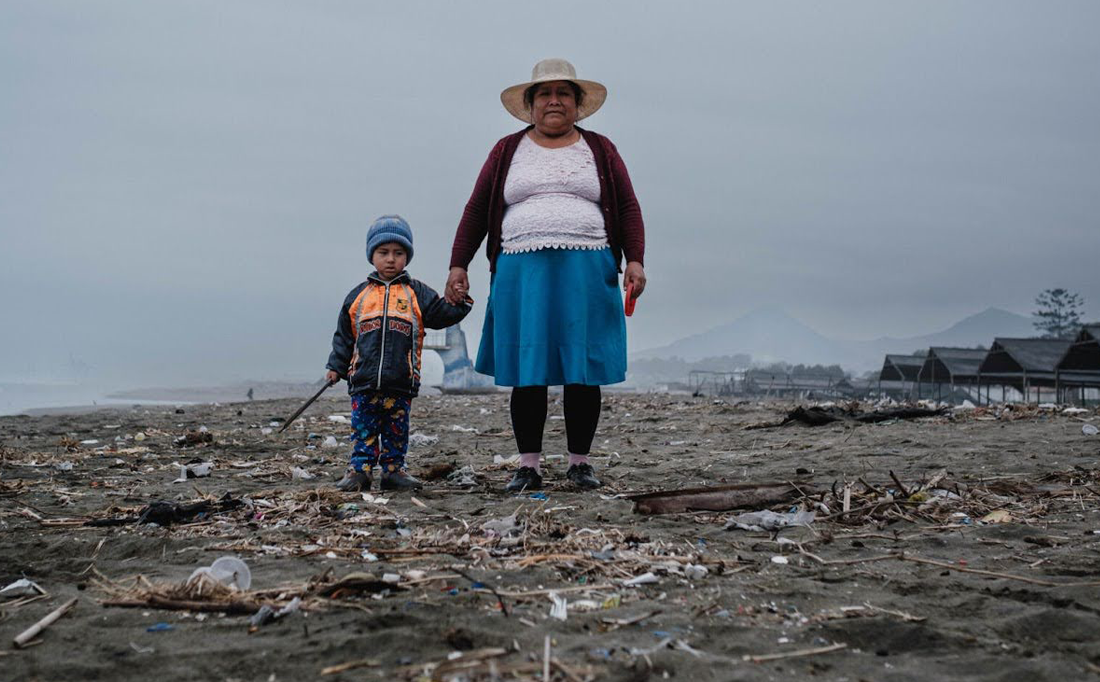This cross-border investigation delivers a damning exposé of the environmental and social fallout from a massive oil spill caused by Spanish energy giant Repsol in January 2022, just off the coast of Lima, Peru.
The spill released around 11,900 barrels of crude oil into the ocean, devastating marine ecosystems and profoundly affecting local fishing communities.
Though Repsol positions itself as a champion of the energy transition, critics point to a troubling track record of environmental degradation and alleged human rights violations. Once controlled by Spanish firms such as Sacyr and La Caixa, Repsol is now largely owned by global investment giants, including JP Morgan Chase and BlackRock. Its operations span the globe, with a strong presence in Latin America.
The investigation reveals the plight of artisanal fishermen who lost their primary source of income due to the contamination. Despite initial compensation efforts, many have been forced to find alternative ways to survive — some turning to pig farming, others performing at local events to support their families.
Journalists also scrutinised Repsol’s handling of the disaster, revealing a series of delays and missteps. The company initially underreported the scale of the spill and was slow to deploy containment measures, significantly worsening the environmental damage.
What’s more, the investigation uncovers how Repsol launched extensive marketing campaigns to repair its image, even as it failed to fully acknowledge the social and environmental consequences of its actions.

The affected areas — including 48 beaches and two protected nature reserves — remain contaminated years later. The lingering presence of oil has triggered ongoing health concerns and deepened economic hardship for local communities.
Although Peru’s Environmental Assessment and Enforcement Agency has initiated multiple sanctions against Repsol, many proceedings remain unresolved — highlighting the broader difficulty of holding multinational corporations accountable for environmental catastrophes.
This heartrending investigation underscores the urgent need for stronger environmental protections and greater corporate accountability to prevent future disasters — and to safeguard the vulnerable communities whose lives and livelihoods depend on fragile natural ecosystems.
La historia de cómo el vertido de Repsol aniquiló un pueblo costero en Perú
Una investigación de Revista Late.
— Climática (@climatica.coop) March 28, 2025 at 7:23 AM
